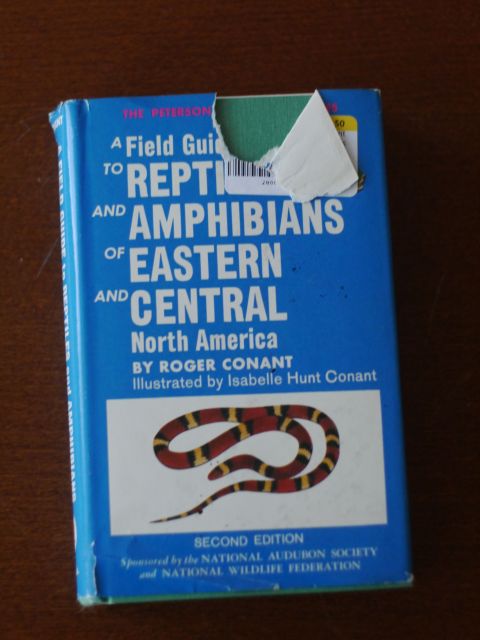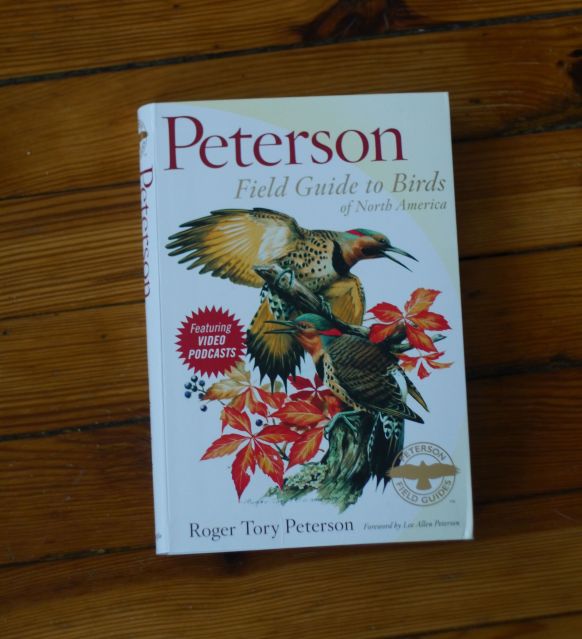Field Guides
This year I’ll be working on a new book project: a field guide to extinct birds. There, I’ve said it, now it has to happen. At this point I’m thinking about producing it in three versions: a deluxe letterpress edition in a box with accompanying prints; a digitally-printed version with a letterpress wrapper; and an animation that you can watch for free-which will actually be different content, but complimentary, talking about migration.
I’m interested in the field guide since it’s one of those kinds of books that probably aren’t going to continue to exist in paper form for much longer-digital apps just seem like they will do the job of helping you identify a birds much quicker and easier that a field guide can, what with video and sound and all. But whenever I see birders in Prospect Park, they’re still carrying their dog-eared paper books with them. I have a feeling that the average birder is pretty attached to whichever field guide they began birding with. And the ways that people have come up with to classify and represent birds in two-dimensional form so that an amateur can identify them is interesting, and the ways that has evolved over the years is interesting, and amateur scientists are always interesting, and so on…
To start off, I’ve been collecting field guides of my own, and drawing up a reading list on the history of birding in America. Here’s some of the guides I’ve been accumulating:



And here’s what is going to be an invaluable help, Extinct Birds, by Errol Fuller, who has apparently written the definitive book on the subject, covering more than eighty species that have disappeared since 1600. He’s also written a book called Dodo, and one on the Great Auk. Apparently the Great Auk book is partly about the bird itself, and partly about all of the stuffed auks in collections around the world, all of the egg specimens, and the collectors who have collected these items. I’m super excited to get my hands on that one.

I’m still not totally sure where I’m going with it at this point, but there will be birds, there will be some history of birding, and some discussion of the process of extinction. Good start, no? Aside from Errol Fuller, I’ve been reading up on John James Audubon. Here’s a great biography, if you’re interested.
